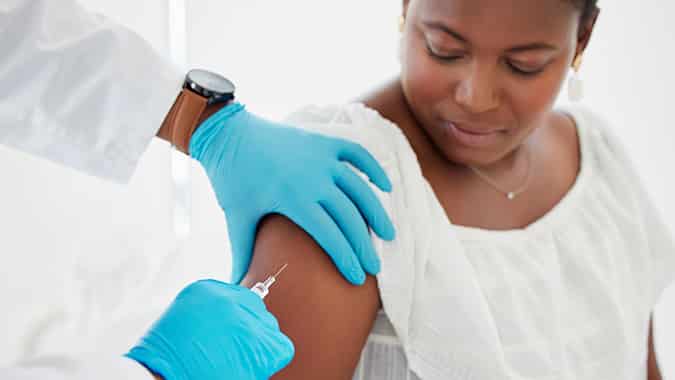Focus NJ today released a review of New Jersey’s economy for 2020, detailing record high unemployment rates and unemployment claims, as well as a historic contraction in the state’s Gross Domestic Product, followed by a quick rebound.
The first annual report, which will be followed by quarterly reviews from Focus NJ, also analyzed the devastation of New Jersey small businesses, with more than 3 in 10 of them closing temporarily or permanently.
“The unemployment data from 2020 also shows a disproportional impact on Black and Hispanic workers. At the same time, overall personal income saw an unusual increase, despite high unemployment, thanks to state unemployment benefits, extended benefits and federal stimulus funds.”
Findings in Focus NJ’s 2020 Economic Review include:
- The number of small businesses open in New Jersey decreased by 31.2% from January 2020 to year’s end
- Small business revenue in New Jersey decreased by 35.8% from January 2020 to year’s end
- More than 1.9 million people filed for unemployment claims and received over $20 billion in benefits in 2020
- There was a sharp decrease of more than 600,000 New Jersey workers from March 2020 through June 2020, before employment rebounded somewhat in July 2020
- Despite the employment rebound, New Jersey had nearly 365,000 fewer people employed by year’s end than in March 2020
- Unemployment among Hispanic workers increased to more than 23% in Q2 of 2020, compared to just below 5% in Q1 of 2020
- Unemployment among Black workers increased to over 18% in Q2 of 2020, compared to 7% in Q1 of 2020
- By the end of 2020, the Trade, Transportation & Utilities industry was the largest employer in the state, providing 848,100 jobs, or 21% of New Jersey’s overall workforce
- By the end of 2020, the Leisure and Hospitality industry accounted for only 7.2% of New Jersey’s overall workforce, or 289,100 jobs
- New Jersey experienced an 8.9% increase in state level personal income in Q2 of 2020, compared to Q1 of 2020. After the expanded federal benefits which fueled this increase expired, personal income levels declined in Q3 and Q4
- Despite record high unemployment, per capita income increased by nearly $4,850 and per capita disposable income increased by nearly $4,980 in 2020
- Total consumer spending in New Jersey increased 2.04% from January 2020 to the end of the year
- New Jersey saw a record 35.6% contraction of GDP in Q2 of 2020, followed by a dramatic 37.2% GDP expansion in Q3
- Despite the mid-year bounce back in GDP, New Jersey experienced an overall 4.1% decline in annual real GDP compared to 2019.
“While there were some signs of recovery from Q2 of 2020 to year’s end, the economic devastation brought on by the response to the pandemic was ultimately too much for the state to recuperate from within the calendar year,” Sandelier said. “While a continuing loosening of restrictions are anticipated with improved COVID-19 numbers and vaccinations, it remains to be seen whether New Jersey can recover to pre-pandemic numbers by the end of 2021.”




